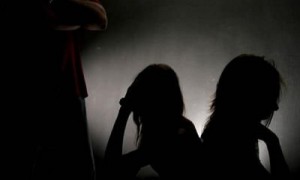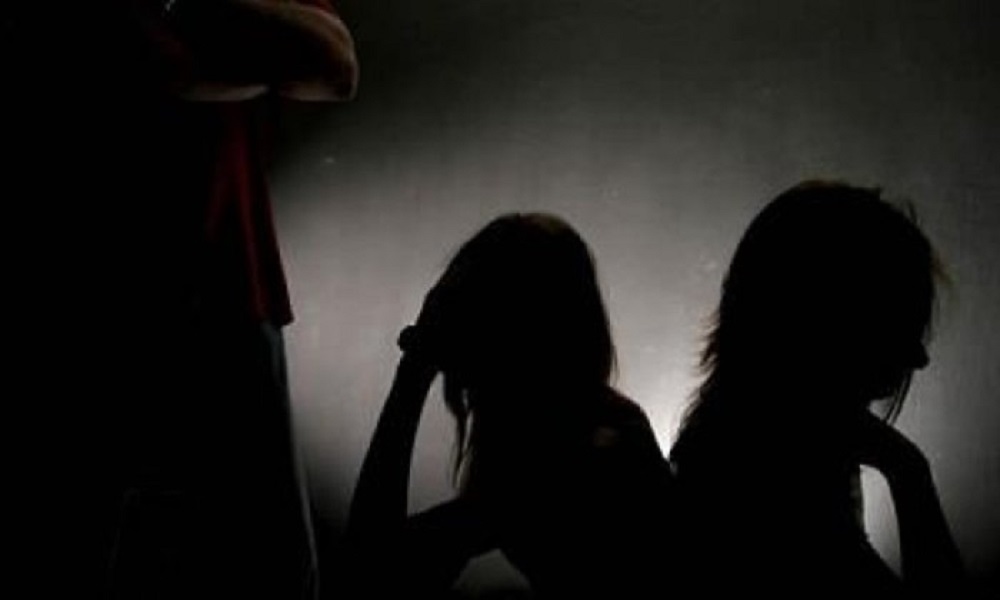For the third consecutive year, Belize has been named as the worst trafficking offender in Central America by the 2017 U.S Department’s Trafficking in Persons report. For many years, Belize ranked in the Tier 2 Nations, which means that the country was making some effort to combat human trafficking, but in 2015, it was demoted to Tier 3, the lowest possible tier on the scale. This year, Belize continues on that scale, indicating that its government does not fully comply with the minimum standards and is not making significant efforts to deter human trafficking into the country.
The report begins by stating that despite the lack of significant efforts, the Government of Belize took some steps to address trafficking, but it was not enough to stay out of the Tier 3 scale. It was reported that there were as many as 10 trafficking cases in the previous year, but no convictions were made. To make matters worse, it was noted that there have been trafficking-related complicity by government officials, including those at high levels. According to the report ‘government did not investigate or prosecute any public officer for alleged complicity in human trafficking-related offenses, despite reports made.’ This led the United States to conclude that Belize is not doing anything about the problem.
Additionally, the report criticized Belize’s 2013 Commercial Sexual Exploitation of Children Act, which criminalizes the facilitation of prostitution of persons younger than 18. However, it does not prohibit adults from engaging in sexual activity with 16 and 17 year old persons. At the same time, it was revealed that allegedly Belize decreased efforts to protect traffic victims subjected to sex services and forced labour. Many of the victims live in fear of detention of deportation, and even of retaliation from their employers, thus, they are reluctant to make reports. Furthermore, the report goes on to say ‘that the presence of off-duty police officers providing security for alleged sex trade establishments may not just inhibit victims from coming forward, but also hinder police investigation, especially against possible employers.
The United States is asking Belize to do more in deterring sex and labour trafficking and put in place a formal victim identification process. Belize argues that they have been partnering with Non-Governmental Organizations in expanding their awareness campaign through television, posters, and billboards. Additionally, Belize claims that authorities continued to disseminate public service announcements on child sexual exploitation and the links between tourism and the demand for commercial sex. However, the report says that it was not enough as there was no investigation, or prosecution against the culprits. It indicates that Belize did not make any efforts to reduce the demand for forced labour or provided any anti-trafficking training for its diplomatic personnel.
Prime Minister Dean Barrow has rejected the content in the report, particularly when it refers to government’s complicity in human trafficking. “I certainly reject that,” he said. “I don’t know that the report offers any evidence to substantiate that claim, but that is not something that I would accept.’ While Barrow does not accept the report, it does not change the fact that the trafficking profile for Belize does not look good on a global scale.
The report states that the country is a source for transit and destination for men, women and children subjected to sex trafficking and forced labour. The investigation points out that most of the sex trafficking and forced labour involving foreign women and girls are primarily from Central American countries. These illegal activities occur in bars, nightclubs, brothels and domestic service. Most of these victims are exploited by traffickers who recruit them by using false promises of high-paying decent jobs.
In San Pedro Town, Ambergris Caye, as in other parts of Belize, there is clear evidence that there are many brothels where young women from other parts of Central America are often brought to work- in some instances by offering sexual services. The San Pedro Sun spoke to some of the women, many of whom said they have no other choice, as they have families back home who solely depend on their income to survive. Some claim that they need to pay back loans to their employers, who paid for their trip to Belize. They also confirmed that there is a new batch of young women making their way to the island, almost on a weekly basis, and that local authorities are aware, but do nothing to address it.
Belize is joined by Haiti and Suriname on the Tier 3 level of the 2017 U.S Department’s Trafficking in Persons Report. In order to be removed from this Tier, Belize’s government must address the issues of complicity by government officials, follow through with better protection of victims and focus on conviction of trafficking offenders.

Share
Read more

